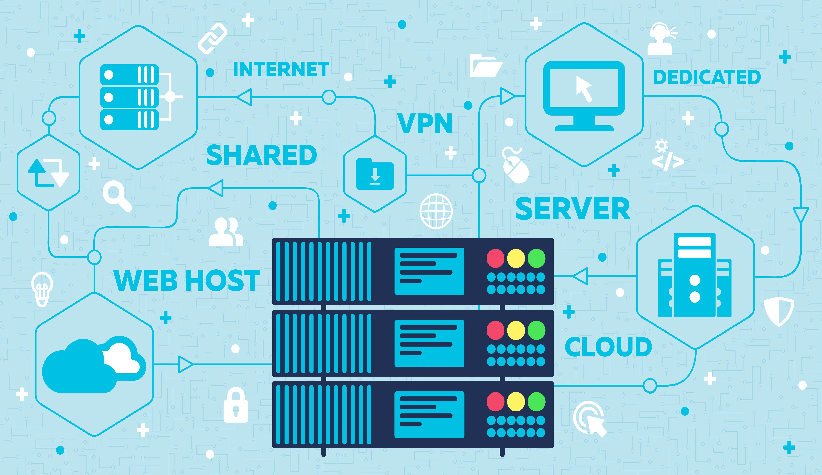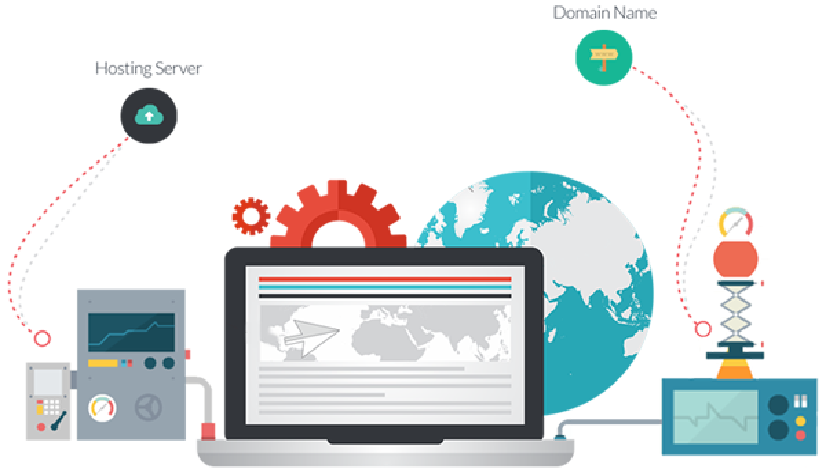What to Look for in a Reliable Hosting Provider
Selecting the right hosting provider is crucial for the success of your website or business. With numerous options available, it can be challenging to choose the one that best fits your needs. The wrong hosting provider can lead to poor performance, downtime, security issues, and a negative user experience. In this blog, we’ll highlight the most important factors to consider when choosing a reliable hosting provider, so you can make an informed decision.
1. Uptime Guarantee
One of the most important factors to consider when choosing a hosting provider is uptime. Uptime refers to the amount of time your website or server remains operational and accessible to visitors. Hosting providers with high uptime (ideally 99.9% or above) ensure that your website remains available at all times, minimizing the risk of potential disruptions.
Why it matters: Frequent downtime can result in lost sales, customer dissatisfaction, and a decrease in search engine rankings. A reliable hosting provider should guarantee a high uptime percentage and have systems in place to mitigate downtime, such as redundant infrastructure and failover solutions.
2. Customer Support
Reliable customer support is essential for resolving issues quickly and effectively. Problems can arise at any time, and having access to a support team that is responsive, knowledgeable, and available 24/7 can make a big difference in ensuring your website runs smoothly.
What to look for: Ensure that your hosting provider offers multiple channels of support, such as phone, live chat, and email. Support teams should be able to assist with everything from basic troubleshooting to more complex server management tasks. Check if the hosting provider offers specialized support for specific hosting environments (like WordPress or cloud hosting) for a more tailored experience.
3. Security Features
Website security is a top priority, especially as cyber threats continue to grow in scale and complexity. A reliable hosting provider should offer robust security features to protect your website, data, and customers.
Key security features to consider:
- SSL certificates for encrypted connections between your site and users.
- Firewalls to prevent unauthorized access.
- DDoS protection to prevent distributed denial-of-service attacks.
- Regular backups to ensure your data is safe in case of an emergency.
- Malware scanning and automatic security updates to keep your website secure from threats.
Why it matters: A website hack or data breach can lead to significant financial loss, reputational damage, and legal consequences. Security should be a top priority when selecting a hosting provider.
4. Scalability
As your business grows, so too will your hosting needs. A reliable hosting provider should offer scalable solutions that allow you to adjust your resources (such as storage, bandwidth, and processing power) as your website or application grows.
Why scalability is important: If your website experiences a sudden surge in traffic, you’ll need a hosting provider that can quickly allocate additional resources to maintain performance. Look for a provider that offers easy upgrade options or on-demand scaling to ensure your hosting environment can grow with you.
5. Performance and Speed
Website performance and loading speed are critical to user experience and SEO. A slow website can lead to high bounce rates and poor rankings in search engines. When selecting a hosting provider, ensure they use high-performance infrastructure and technologies that ensure your website loads quickly and operates smoothly.
What to check: Look for providers that offer SSD storage, CDN integration (Content Delivery Networks), and load balancing. These technologies can significantly improve the speed and reliability of your website, especially during high traffic periods.
6. Pricing and Flexibility
Hosting costs can vary widely depending on the type of hosting plan you choose and the features offered. While affordability is important, the cheapest option may not always provide the best value in terms of performance, support, and security. Make sure to evaluate the pricing in relation to the services and features provided.
What to consider: Look for transparent pricing with no hidden fees, and choose a hosting provider that offers flexible plans that can scale with your needs. Many hosting providers offer trial periods or money-back guarantees, which allow you to test their services before committing long-term.
7. Reputation and Reviews
A good reputation is a key indicator of a reliable hosting provider. Take the time to read customer reviews and check the provider’s reputation online. Positive reviews, testimonials, and third-party rankings can give you a better understanding of the provider’s performance and reliability.
Why it matters: Customer feedback is one of the most valuable resources when evaluating a hosting provider. Reviews can offer insights into their support, uptime, and overall service quality, helping you make a more informed decision.
8. Managed Services and Additional Features
If you’re not technically inclined or don’t have the time to manage your server, look for a provider that offers managed hosting services. This means they handle the day-to-day server management, including software updates, security patches, and troubleshooting, so you can focus on growing your business.
Additional features to consider:
- One-click installations for easy setup of software like WordPress, Magento, or Joomla.
- Backup and disaster recovery options to ensure your data is safe.
- Free domain names or website migration services that make it easier to get started.
Conclusion
Choosing the right hosting provider is essential for the success of your website and business. By considering factors such as uptime, customer support, security, scalability, and performance, you can make a well-informed decision that will meet your needs and help your business thrive. Take the time to assess your requirements and choose a provider that offers the features and support you need to succeed online.












